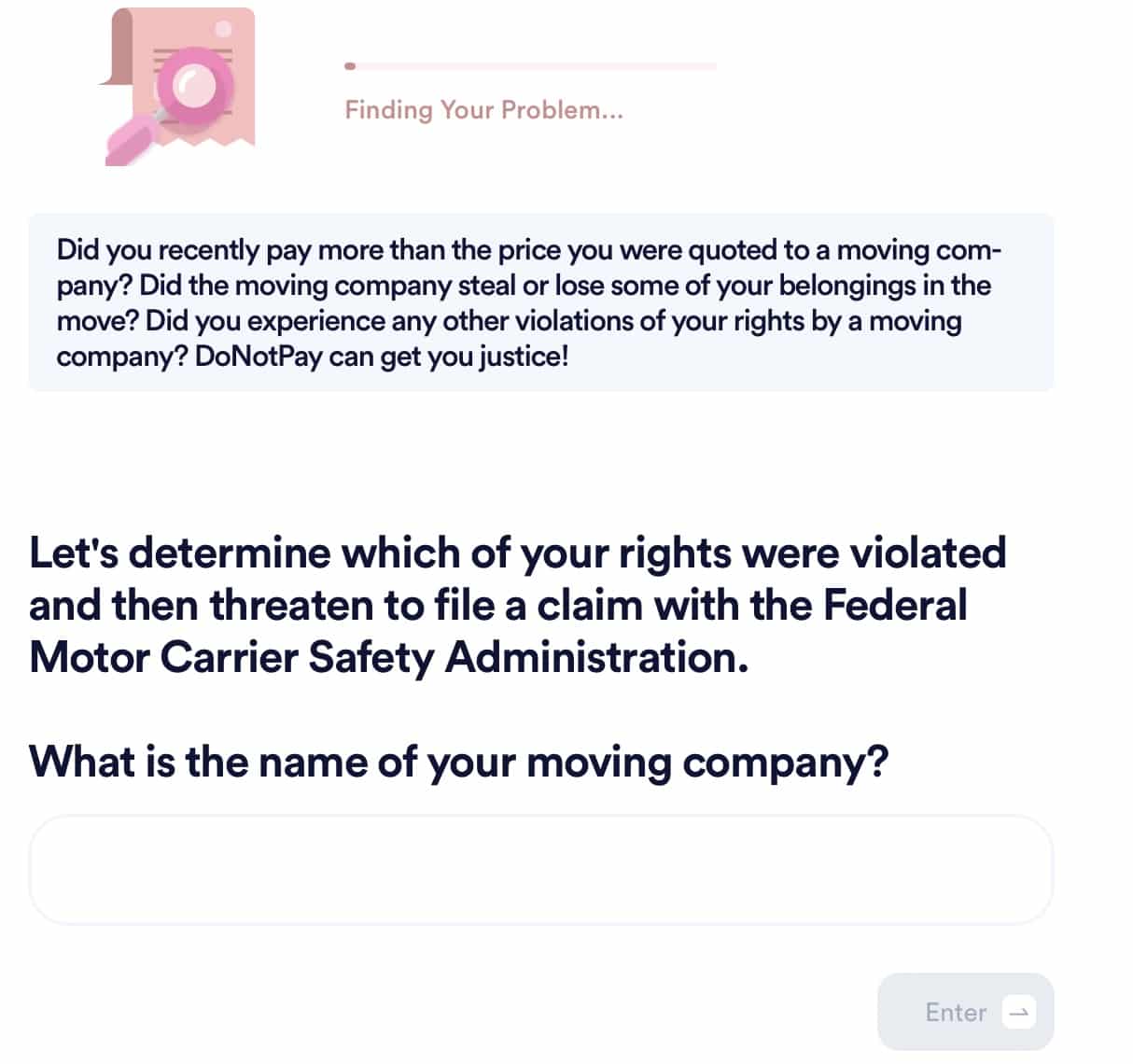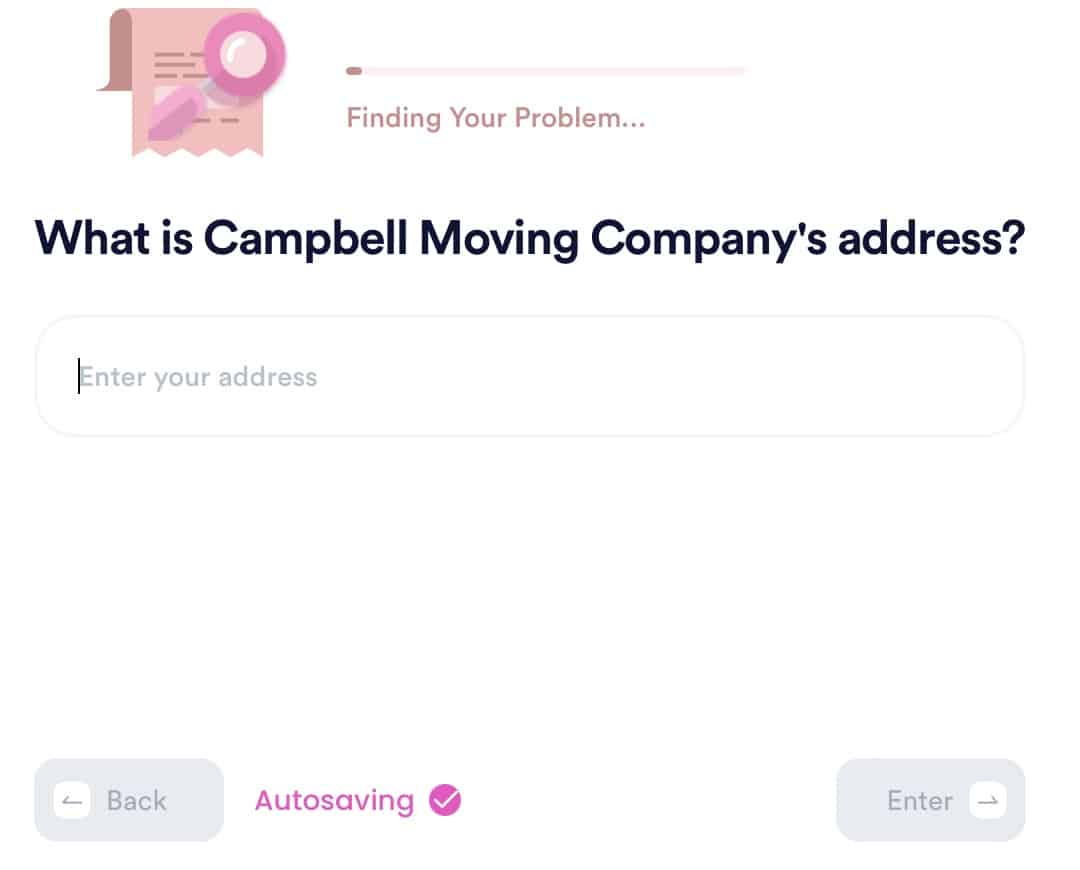Does Your Tenant Insurance Cover Moving Damage?
You've just relocated to a new home, and—surprise!—a bunch of your stuff is broken. As you tally up the damage, you realize some of your valuables didn't make the trip at all, though you're certain they were packed and ready to go. Now you want to know, "Does renters' insurance cover moving damage?"
That all depends on your policy. In some cases, moving damage isn't covered in your base policy, and you have to pay for protection separately. With some insurance companies, your policy might be vague about damages incurred during your move so you have to ask, or decipher the fine print on your own.
Is Moving Insurance Part of Your Coverage?
Insurance companies refer to potential catastrophes as "perils". Here are just a few commonly included in basic packages:
- Liability
- Fire
- Theft and burglary
- Water damage (except the weather)
- Medical expenses
These perils often require additional add-ons, or "riders":
- Earthquake
- Severe wind
- Damage from broken pipes or sewer malfunctions
- Flood (weather-related)
These are standard offerings from most insurance companies and finding information about moving coverage can take some research. If you haven't yet moved, call your agent to ask if you're covered; if you're not, ask to purchase a rider. They're surprisingly affordable and worth every penny.
What to Do if You’re Going It Alone
If your renter's insurance policy doesn't cover moving damage, you still have options—but they all require you to do the hard work. Be prepared to write letters and learn your rights, and get your records in order:
- Receipts from the moving company
- Receipts and estimates for lost or damaged property
- Photographs of the damage
- A record of all communications with the moving company as you try to get them to remedy the situation
Be sure you re-read your contract very carefully before taking any action against the moving company, or you can be sued for libel if you go public with your complaints. It might be too late for you to do this now, but when you're packing up for a move, it's a good idea to photograph your valuables. Even if you aren't moving, you'll have a record of them should you lose them to a fire, natural disaster, or burglary.
Here are your next steps if you're going to try and get your moving company to compensate you for damages or loss:
1. Request That the Moving Company Reimburses You for the Costs
Gather your evidence and write a letter to your moving company to ask them to make it right. Be firm but professional; there's a chance the moving company will work with you, but if they push back, it's best to tighten the screws gradually unless you have a lawyer to do it for you.
2. Leave Negative Reviews
If the moving company isn't cooperating, leave reviews on third-party websites where future customers will see them. Again, sound professional as review-readers tend to dismiss those that seem too "ranty". Then, take screenshots of your posted reviews and e-mail them to the moving company. Let them know that you'll be happy to edit or remove the reviews if they comply with your request.
3. File a Formal Complaint
Here's something that's on par with #2: Contact the following agencies to complain to the moving company.
| Federal Motor Carrier Safety Administration (FMCSA) | If your move took you to a different state and you can prove that your mover is taking advantage of you or not working with you to solve a problem, this government agency wants to know. You can file a formal complaint on their website. |
| State enforcement agencies | The FMCSA website has a page with state agencies responsible for transportation oversight, and this includes moving companies. |
| Moving associations | Find out if your moving company is a member of a professional movers' association. If they are, write a formal complaint to the organizations to which they belong. |
| Your state's Attorney General | Your state AG handles fraudulent business practices, and if your moving company isn't behaving as advertised or guaranteed, the AG's office might pursue a case. At the very least, a complaint will stay on the company's record. |
4. Take the Moving Company to Small Claims Court
If nothing else works, you can send demand letters to your moving company in small claims court. This is a tedious process to take on yourself, but if you have good evidence, you have a good case.
5. Enlist the Help of Donotpay
Our app can take care of everything listed above in only a few steps, often with better results than you'd get if you went against your moving company alone. Ready to learn more?
DoNotPay Steps Up When Renters Insurance Lets You Down
Moving companies are notorious for getting away with bad business practices, and they're used to dealing with unhappy customers. You might want to get a lawyer involved if you're worried about being intimidated, but here's a better option: Put DoNotPay's "AI Consumer Champion" on the job.
Whether you're lodging a complaint with the moving company or with a third party, we'll draft and send a professional letter that gets results. We can also send the moving company a letter demanding compensation. Here's how it works:
- Search for moving issues on DoNotPay.

- Start our Solve My Moving Issues product by telling us the name of the moving company you are having issues with.

- Answer some questions about your specific move, your moving company, and the complaint for which you'd like relief.

DoNotPay will write a letter to your moving company, detailing both your complaints and your demands for compensation and relief, and warn them that you'll file suit if those demands aren't met. If you don't get a response within two weeks, we can help you take your moving company to small claims court!
What Else Can DoNotPay Do?
We've got your back under hundreds of challenges, not just moving company hassles! Here are some projects we can knock out for you in just a few easy steps:
- File an insurance claim
- Schedule DMV appointments online
- Get your pet licensed online
- Send Demand Letters To your landlord for unsafe living conditions
- Find the best schools for your kids
Those are just five things we've handpicked for you since you've got moving on your mind. But once you've settled in and sorted things out with your moving and insurance companies, come find out about everything else we can do to make your life easier, more economical, and headache-free!
 By
By